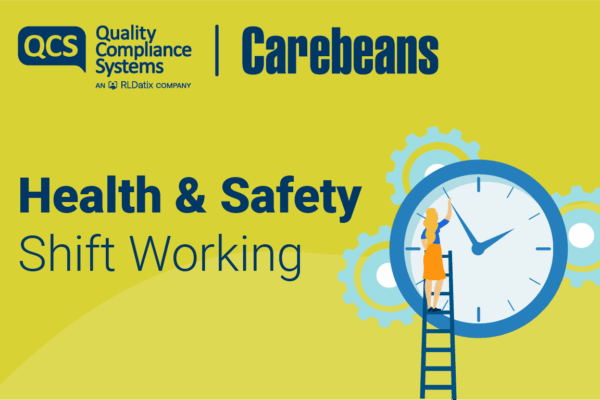High Turnover:
Staff turnover is a major problem, with rates much higher than the national average, impacting the quality of care and increasing costs. Consider ways to improve the working lives of your team and increase morale, as in many cases burnout and a lack of opportunities can be the root cause of high staff turnover. Can you improve your working environment? Is there a way for their work to be done more efficiently (whilst still maintaining quality)? Encourage employees to take their annual leave and think about team building exercises or events that supports a positive work environment.
Low Pay:
Care worker pay is among the lowest in the economy, and the perceived low status of the profession can deter potential recruits and lead to staff leaving the profession. Whilst it is not always possible to increase pay, particularly given the significant increases to the National Minimum Wage in the past few years, think about other benefits that may attract and retain talent which may be more cost-effective, such as medical/dental cash plans, company sick pay or family leave arrangements or additional annual leave entitlements (e.g. birthdays off).
Limited Career Progression:
It is widely perceived that opportunities for career advancement and development are limited in the care sector, making it harder to attract and retain skilled staff. Therefore, now is the time to invest in training and development for your team, to upskill and create a culture of constant improvement. It’s also important to have clear career pathways for each role within the business and that employees know about these opportunities (and how to achieve them). This allows employees to envisage their future with your business and creates a sense of drive and ambition.
Emotional and Physical Demands:
Care work is physically and emotionally demanding, which can lead to burnout. It’s important to raise awareness of mental health issues and ways in which employees can receive support. Many employers now train up some of their team members to be Mental Health First Aiders and have created a culture which encourages employees to speak up if they are struggling. In addition to this, Employee Assistance Programmes can provide useful information and resources if employees need to speak to someone impartial and confidentially. It’s also key to ensure that employees are taking their annual leave and have sufficient breaks between shifts (and during them) to mitigate the physical and mental impacts of the profession as much as possible.
Lack of Recognition:
A lack of recognition and support can lead to care workers feeling undervalued and under pressure. Introducing internal reward schemes can help to improve this area of concern, such as employee or team of the month/quarter awards. Celebrating achievements through your internal communication channels can help to foster a positive team environment. In addition, perhaps you can provide bonuses or rewards where a colleague has referred in a new recruit (helping to save on recruitment costs and improving staffing levels).
If you have any queries or are in need of specific Health & Safety advice, please use the contact form in the Health & Safety policy section of our system to contact a member of the AfterAthena team (part of the Napthens Group) who are able to offer your advice via email and a FREE virtual Health & Safety Audit.
Contact AfterAthena






